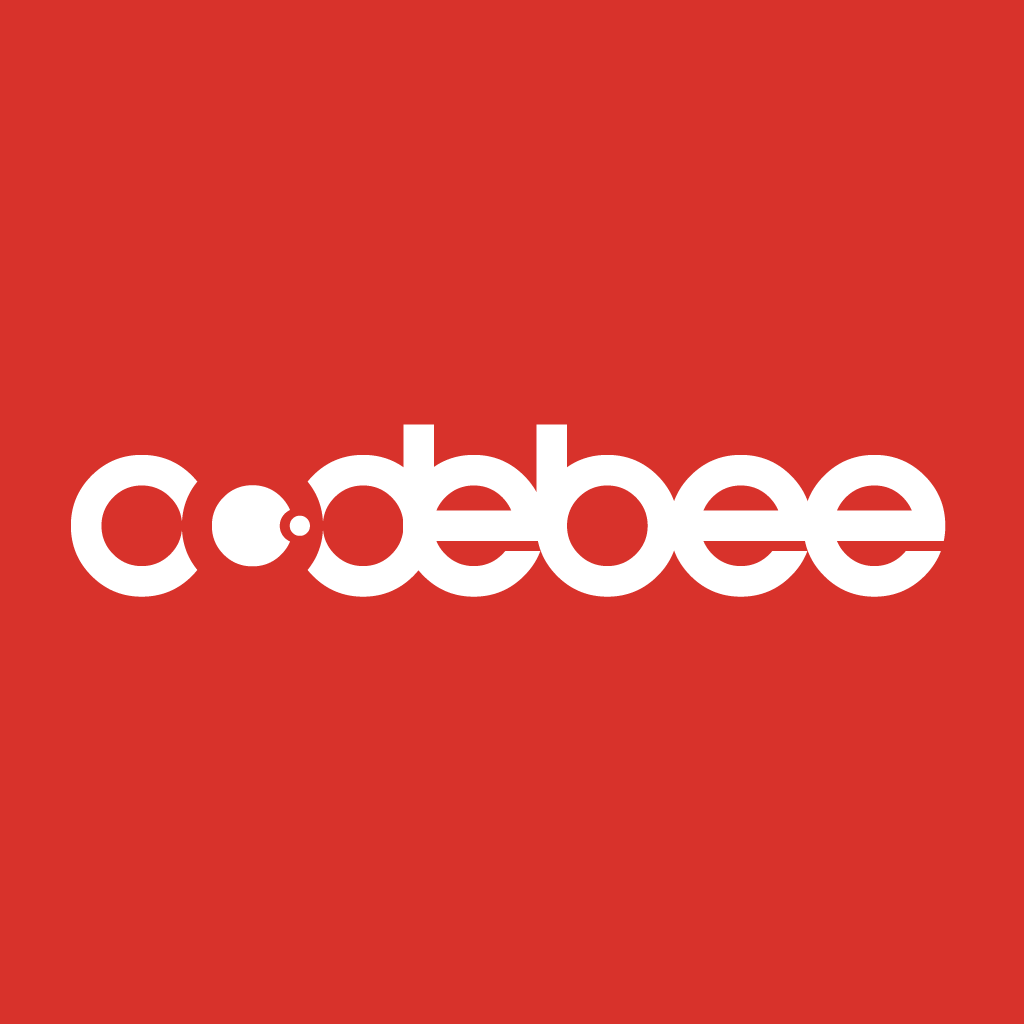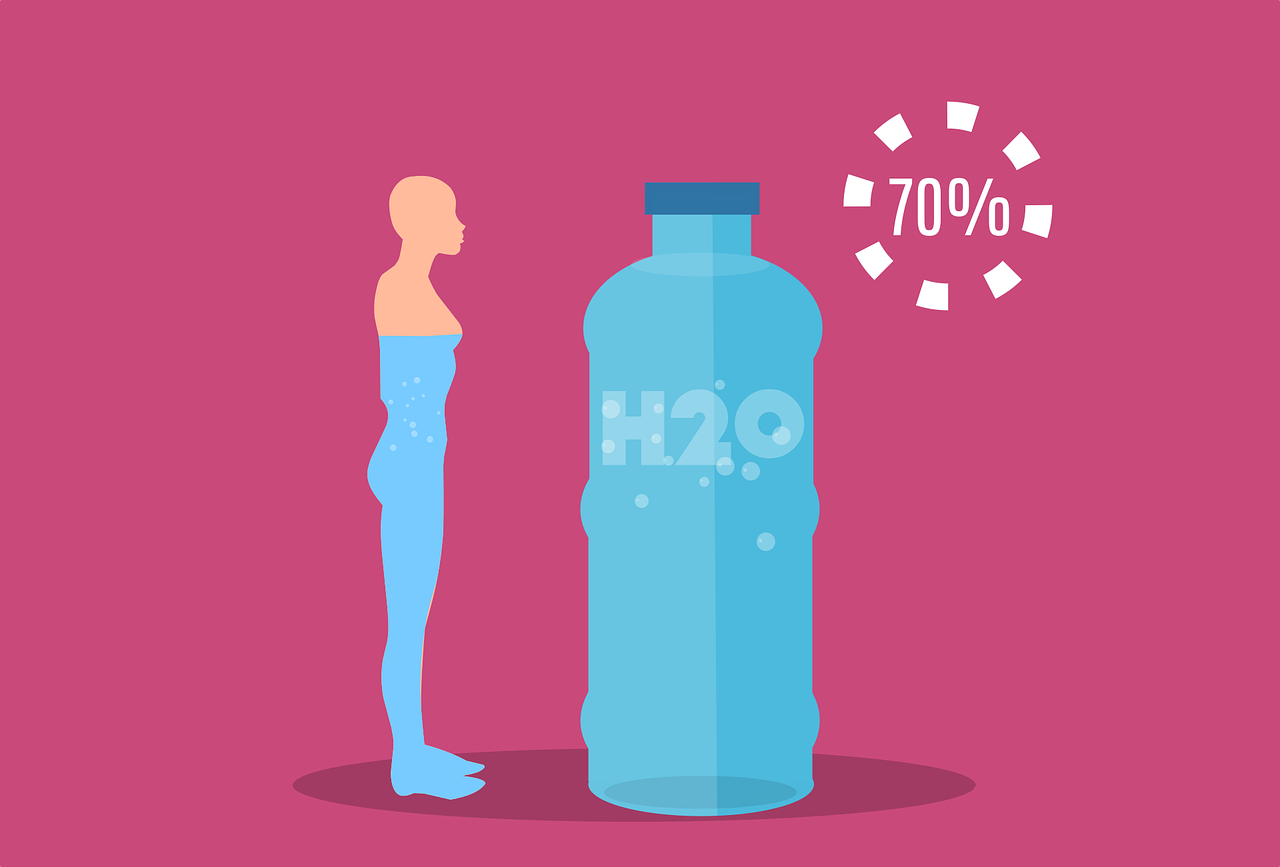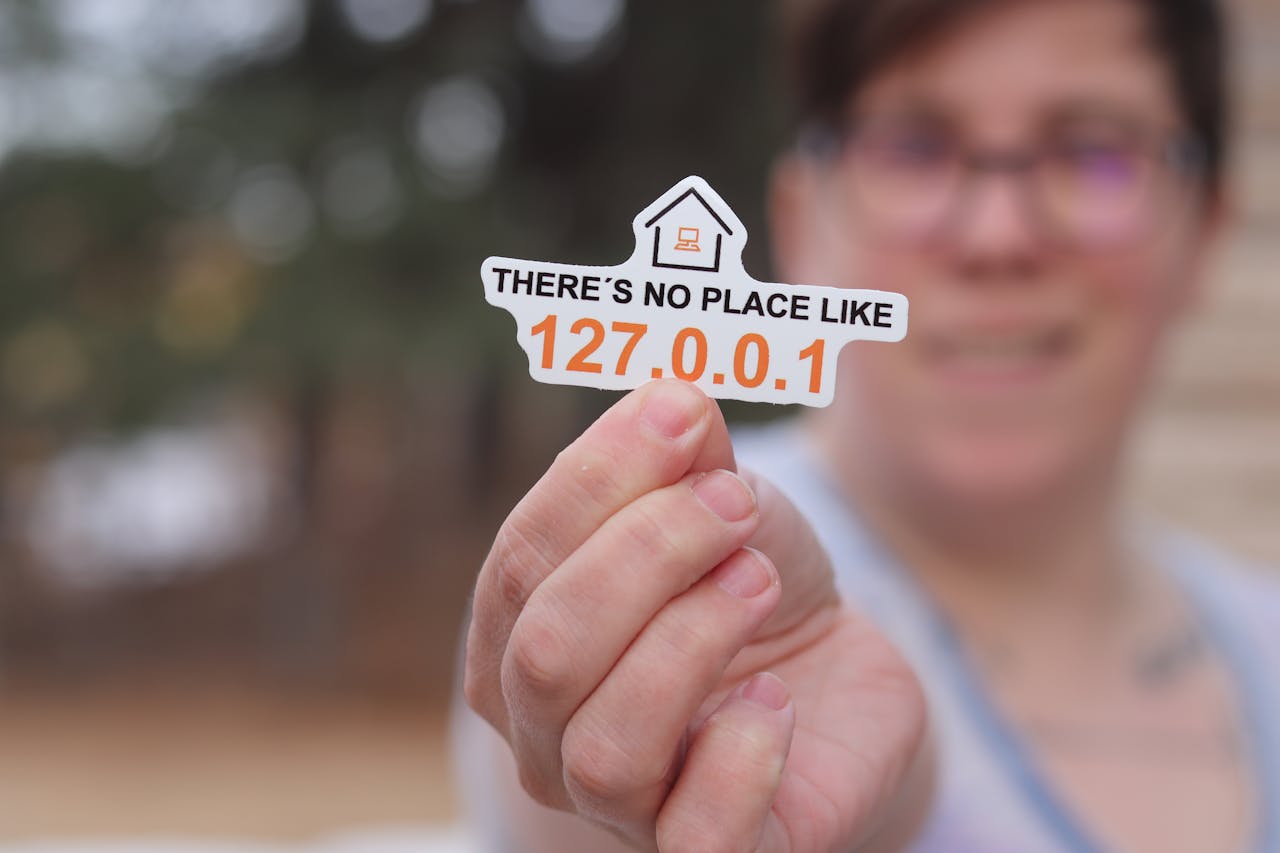Privacy Policy Generator
A Privacy Policy Generator is an online tool that helps you create a Privacy Policy for your website, mobile app, or online service. The Privacy Policy is a legal document that explains how you collect, use, store, and protect user data, as well as the rights of users concerning their personal information. It is essential for ensuring transparency and compliance with privacy laws and regulations, such as the General Data Protection Regulation (GDPR) in the European Union and the California Consumer Privacy Act (CCPA) in California.
A Privacy Policy Generator is an online tool that helps you create a Privacy Policy for your website, mobile app, or online service. The Privacy Policy is a legal document that explains how you collect, use, store, and protect user data, as well as the rights of users concerning their personal information. It is essential for ensuring transparency and compliance with privacy laws and regulations, such as the General Data Protection Regulation (GDPR) in the European Union and the California Consumer Privacy Act (CCPA) in California.
Key Features of a Privacy Policy Generator:
-
Customizable Templates:
- The tool offers pre-written templates that can be customized based on the specifics of your business or service. You typically fill in details about your data collection practices, types of data collected, and how the data is used.
-
Essential Privacy Clauses:
- Privacy Policy Generators typically include all required sections, such as:
- Information Collected: Describes what personal data (e.g., name, email, IP address) is collected.
- How Information is Used: Outlines the purposes for which the data is collected (e.g., improving services, personalizing content).
- Third-Party Sharing: Explains if and how user data is shared with third parties, such as partners or advertisers.
- Cookies Policy: Explains how cookies are used on the site and how users can manage them.
- Data Security: Details the measures taken to protect user data from breaches and unauthorized access.
- User Rights: Lists the rights users have concerning their personal data (e.g., the right to access, correct, delete data).
- Data Retention: States how long user data will be stored and when it will be deleted.
- Policy Updates: Explains how users will be notified of changes to the Privacy Policy.
- Privacy Policy Generators typically include all required sections, such as:
-
Legal Compliance:
- The generator ensures that your Privacy Policy complies with the most relevant laws and regulations, such as:
- GDPR for EU users (which includes requirements like informing users of their data rights and obtaining consent before collecting sensitive data).
- CCPA for users in California (which includes requirements like providing opt-out rights for data sale and informing users about their data rights).
- Children's Online Privacy Protection Act (COPPA) for websites or apps that target children under 13.
- The generator ensures that your Privacy Policy complies with the most relevant laws and regulations, such as:
-
Cookie Policy Integration:
- Many Privacy Policy generators include sections that specifically address cookie usage, a requirement under various data protection laws (such as GDPR). It informs users about cookie collection and usage on the site and provides instructions on how they can manage their cookie preferences.
-
Multiple Languages:
- Some generators allow you to create a Privacy Policy in multiple languages to meet the needs of international audiences.
-
Easy-to-Use Interface:
- Most Privacy Policy generators are designed to be user-friendly, asking you simple questions about your data practices, and then automatically generating a tailored policy.
Common Uses of a Privacy Policy Generator:
-
Websites:
- If you're running a website that collects personal data (e.g., contact forms, email subscriptions, user registration), a Privacy Policy is essential for informing users about how their information is handled.
-
Mobile Apps:
- Mobile apps that collect data from users (such as location data, contact information, or app usage statistics) are required to have a Privacy Policy. The generator helps create a compliant policy.
-
E-Commerce Platforms:
- Online stores that collect payment information, personal data, and shipping addresses must have a Privacy Policy that outlines data security and user rights.
-
SaaS (Software as a Service) Providers:
- SaaS platforms that handle user data, whether personal or business-related, need a Privacy Policy to clarify data processing and retention.
-
Ad Networks and Digital Marketing:
- If you're running advertising networks or using third-party tracking services (e.g., Google Analytics), a Privacy Policy generator ensures that you're disclosing this data collection to users.
Example of Key Sections in a Privacy Policy:
-
Introduction:
- A brief introduction that explains the purpose of the Privacy Policy and provides the business or website’s details (name, location, etc.).
-
Information We Collect:
- A clear explanation of the types of personal information that are collected, such as names, email addresses, IP addresses, or payment information.
-
How We Use Your Information:
- This section describes how the collected data is used, such as improving services, personalizing content, communicating with users, or processing payments.
-
Sharing Your Information:
- Information on whether the collected data is shared with third parties (e.g., for marketing purposes, with service providers, or in case of legal requirements).
-
Cookies and Tracking Technologies:
- Details about how cookies and other tracking technologies (such as web beacons) are used on the website or app.
-
Your Rights:
- Describes the rights of users regarding their data, such as the right to access, correct, or delete personal information, and how users can exercise these rights.
-
Data Security:
- Explains the security measures taken to protect personal data, such as encryption or secure storage methods.
-
Data Retention:
- Specifies how long user data will be retained and the criteria used to determine retention periods.
-
Policy Changes:
- States how and when users will be notified of updates to the Privacy Policy, often by providing a “Last Updated” date.
-
Contact Information:
- Provides contact details for users to inquire about their data or the Privacy Policy.
How a Privacy Policy Generator Works:
-
Input Information:
- You answer a few questions about your website or service, such as:
- What types of data do you collect? (e.g., name, email, payment details)
- Do you share data with third parties? (e.g., advertisers, partners)
- Do you use cookies or tracking technologies?
- You answer a few questions about your website or service, such as:
-
Generate the Document:
- Based on your answers, the generator will create a Privacy Policy tailored to your business. It will include all the necessary clauses based on privacy laws like GDPR and CCPA.
-
Review and Customize:
- After the policy is generated, you can review it, making any necessary adjustments to ensure it accurately reflects your business practices. Some generators allow for further customization of specific clauses.
-
Download/Implement:
- Once the document is complete, you can download it and upload it to your website or app. It is typically placed in the footer of the website or linked in the account creation and registration pages of apps.
Examples of Tools for Generating a Privacy Policy:
-
TermsFeed:
- Provides a customizable Privacy Policy generator that can help you create a policy compliant with GDPR, CCPA, and other privacy regulations.
-
FreePrivacyPolicy.com:
- Offers a free Privacy Policy generator with options for additional customization and compliance with various privacy laws.
-
PrivacyPolicies.com:
- This tool offers both free and paid options for generating Privacy Policies, including compliance with GDPR, CCPA, and other legal requirements.
-
GetTerms.io:
- A simple Privacy Policy generator that allows you to create and download a policy quickly.
-
Iubenda:
- A more advanced Privacy Policy generator, especially for websites with complex data practices, providing customizable templates and compliance with global privacy laws.
Why Use a Privacy Policy Generator?
-
Legal Compliance:
- Many countries and regions, such as the EU and California, require websites and apps to have a Privacy Policy that complies with local laws (e.g., GDPR, CCPA). A generator helps ensure compliance.
-
Transparency:
- A clear Privacy Policy helps build trust with your users by informing them about how their data is collected, used, and protected.
-
Time and Cost Efficiency:
- A Privacy Policy generator saves you time and money compared to hiring a lawyer to create a custom policy. It’s a quick way to create a legal document that fits your needs.
-
User Confidence:
- Providing a comprehensive Privacy Policy can increase user confidence in your website or app, as they know their data is being handled responsibly.
Conclusion:
A Privacy Policy Generator is a vital tool for any website or app that collects user data. It helps create a legally compliant Privacy Policy that explains your data collection practices and user rights, ensuring transparency and protecting both your business and your users. Using a generator is an efficient and cost-effective way to provide a privacy policy that complies with regulations such as GDPR, CCPA, and other privacy laws.
Would you like help generating a Privacy Policy for your website or app?













